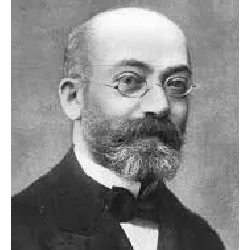Objects are terms that

Objects are terms that are part of the sentence and complement the transitive verb. They can be direct or indirect, depending on the verbal government.
Direct Object (DO)
It complements the verb without an obligatory preposition, generally indicating the element that undergoes the action.
Example: Maria comprou um livro. (um livro é OD do verbo comprar).
If it is an unstressed oblique pronoun, it can appear as o, a, os, as:
Eu vi Ana. → Eu a vi.
Indirect Object (OI)
It requires a preposition, generally indicating the recipient or beneficiary of the action.
Example: Pedro obedece aos pais. (aos pais é OI do verbo obedecer).
In unstressed oblique pronouns, it is represented by lhe, lhes:
Pedro lhes obedece.
The IO and the IO differ in the need (or not) for a preposition.
Did you know?










